Could regular daytime naps help individuals slow the aging process from natural brain shrinkage? Taking Naps Research and experts suggest that a short nap between…

Mental Health: Mental health is a large aspect of physical health as the two are closely connected. Mental health includes an individual’s emotional, psychological, and social well-being. It affects how one thinks, feels, and acts. It helps determine how an individual handles stress, relates to others, and makes choices. Mental health is important at every stage of life. From childhood, adolescence and on through adulthood.
Over the course of one’s life, one may experience mental health problems including thinking, mood, and behavior. Many factors contribute to mental health problems which include:
Biological factors, i.e. genes or brain chemistry
Life experiences, i.e. trauma or abuse
Family history of mental health problems
Experiencing one or more of the following can be an early warning of a problem:
Eating or sleeping too much or too little
Pulling away from people and usual activities
Having low or no energy
Feeling numb or like nothing matters
Having unexplained aches and pains
Feeling helpless or hopeless
Smoking, drinking, or using drugs more than usual
Feeling unusually confused, forgetful, on edge, angry, upset, worried, or scared
Yelling or fighting with family and friends
Experiencing severe mood swings that cause problems in relationships
Having persistent thoughts and memories that can’t get out of your head
Hearing voices or believing things that are not true
Thinking of harming oneself or others
Inability to perform daily tasks like getting to work or school
These problems are common but treatment is available which can help an individual get better and recover completely. Treatment can come in many varying forms and can include many different health professionals. Including but not limited to a chiropractor, health coaches, a primary care physician, therapist, and others.

Could regular daytime naps help individuals slow the aging process from natural brain shrinkage? Taking Naps Research and experts suggest that a short nap between…

Can individuals improve their brain function by incorporating yoga as part of their routine to reduce stress and improve mental health? Introduction Many people are…

“It can be difficult for individuals and athletes to stay motivated, manage stress, and prevent becoming overwhelmed. Can mental toughness and a positive attitude help…

Introduction The brain is one of the most powerful organs providing somatic and peripheral signals throughout the body. The brain ensures that the body stays functional and sends the right amount…
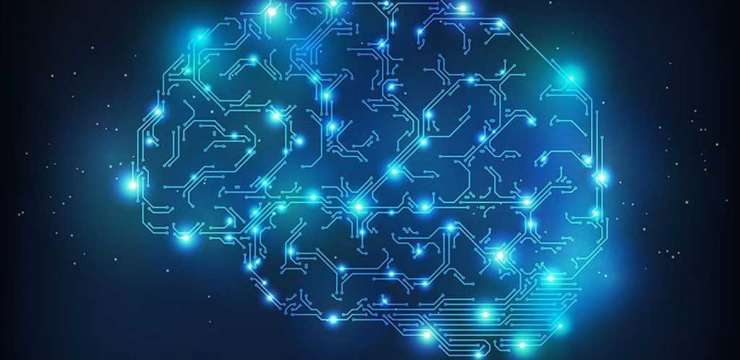
Introduction The brain sends neuron signals to the body to function for everyday movements like walking, running, or resting. These signals travel from the spinal…

Introduction The brain and the spinal cord have a casual relationship in the nervous system as they help transport neuron signals to the rest of the body. These neuron…

Introduction The brain’s main job is to keep the body moving and provide functionality to all the major organs through neuro signaling from the numerous…
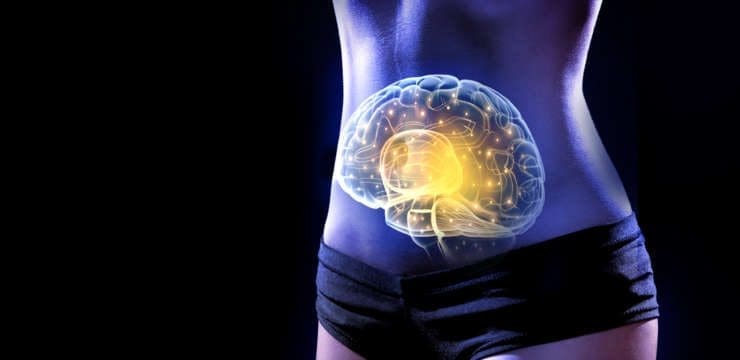
Introduction The gut-brain axis is fundamental to the body as it communicates bi-directional with the brain and the gut. Separately they provide different functions that are required…
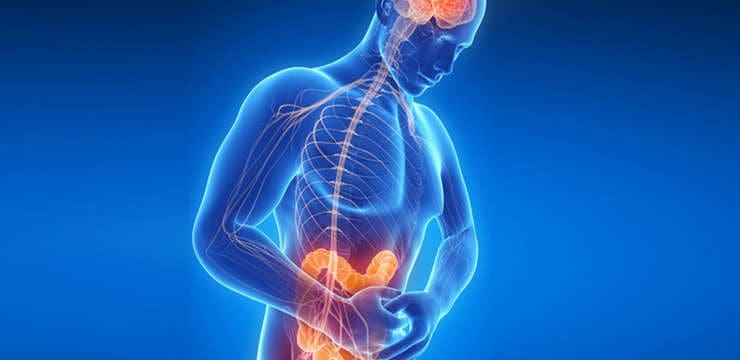
Introduction The gut and the brain have two different jobs that do different functions in the body but, have a bidirectional communication with each other.…
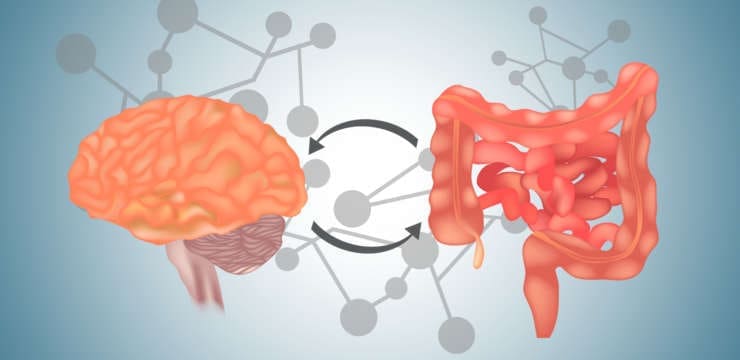
Introduction The gut system makes sure that the good bacteria is helping the gut by digesting the consumed food into nutrients for the body and…
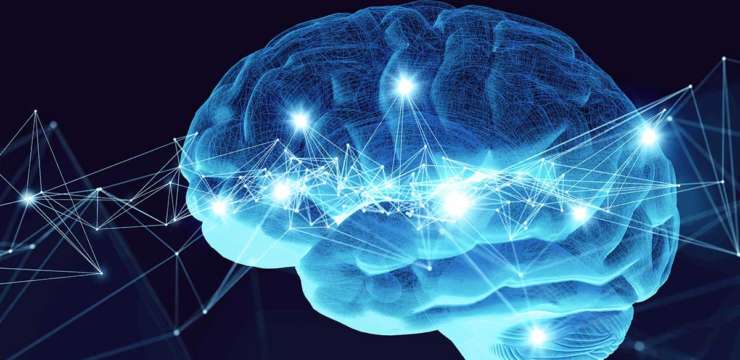
Introduction The brain’s primary function in the central nervous system is to transport and transmit neuron signals all throughout the entire body. These neuron signals…
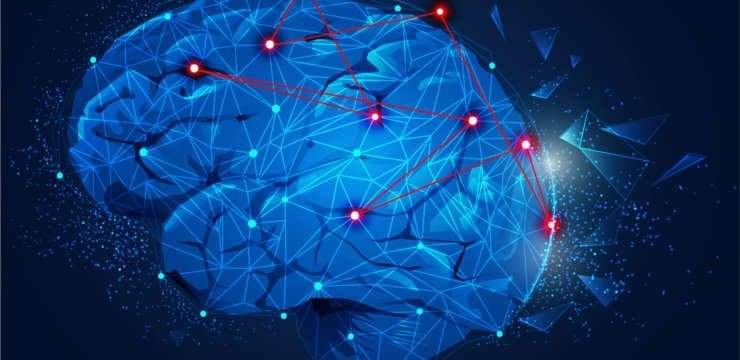
Introduction The central nervous system’s main function is to make sure that the neuron signals are being transmitted all over the entire body. These neuron…
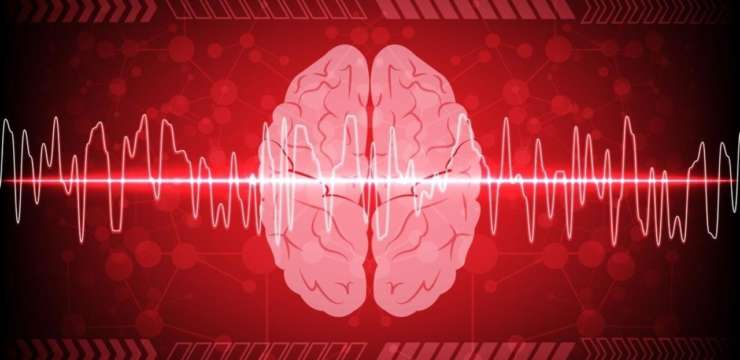
Introduction The brain is part of the central nervous system and its primary function is to transmit neuron signals all throughout the entire body. The…
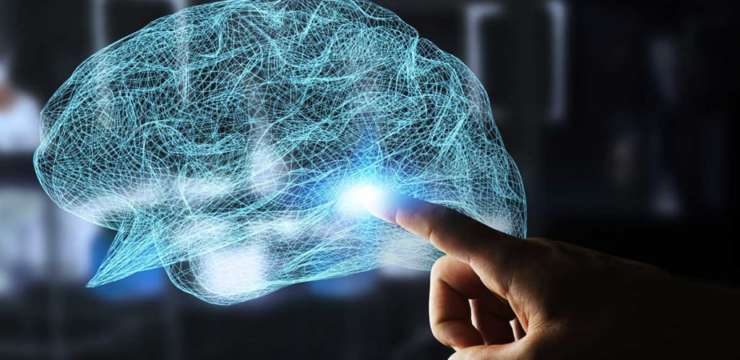
Introduction The central nervous system is home to the brain and spinal cord as they help send out trillions of neuro signals all throughout the…
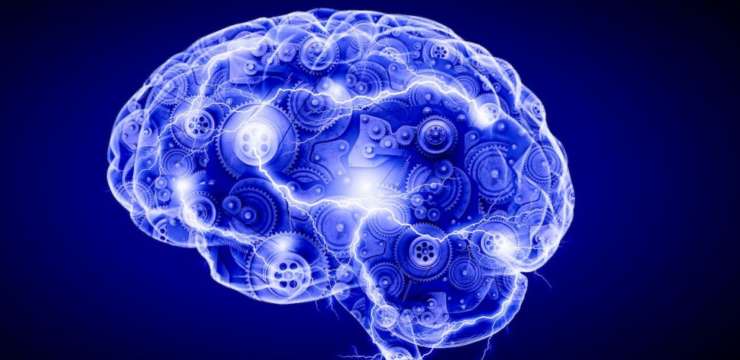
Introduction In the central nervous system, the brain’s primary function is to make sure that the neuron signals it’s producing are being transmitted all throughout…
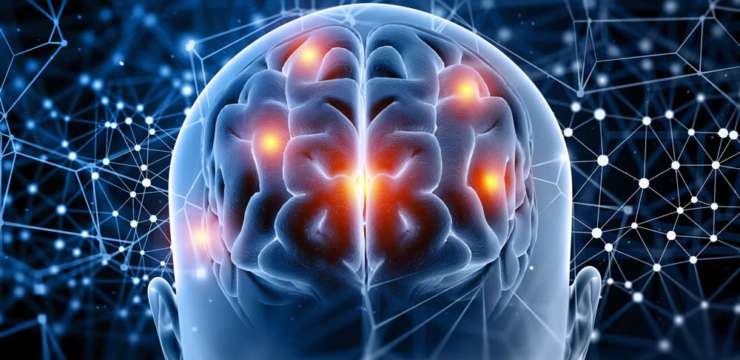
Introduction The central nervous system consists of the brain and the spinal cord that makes sure that neuron signals are being transmitted all over the…
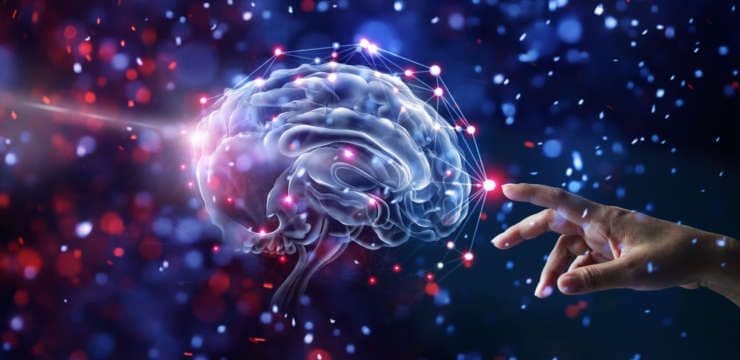
Introduction The brain is part of the central nervous system where its main function is to send out neuron signals all throughout the body in…